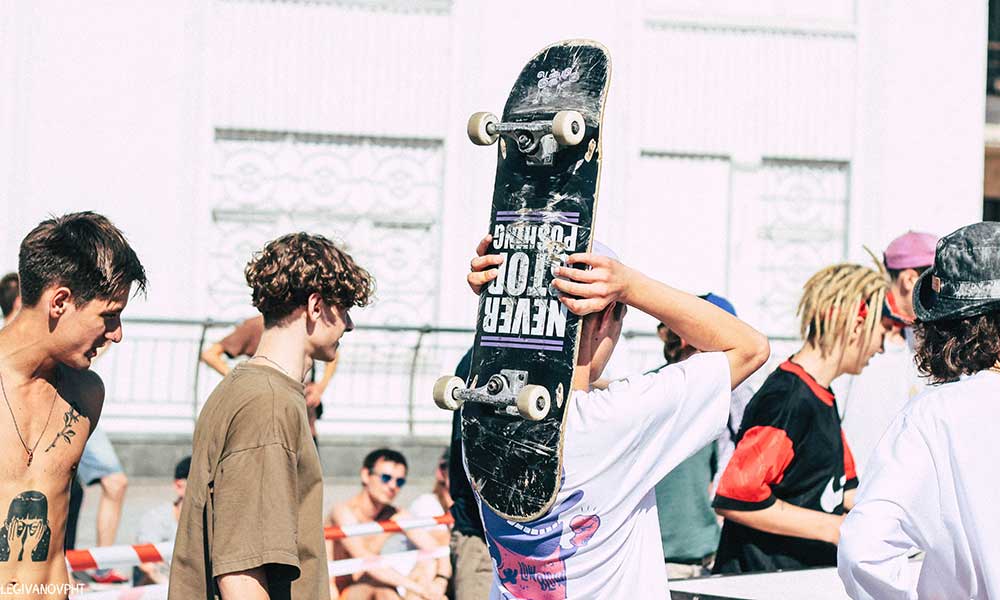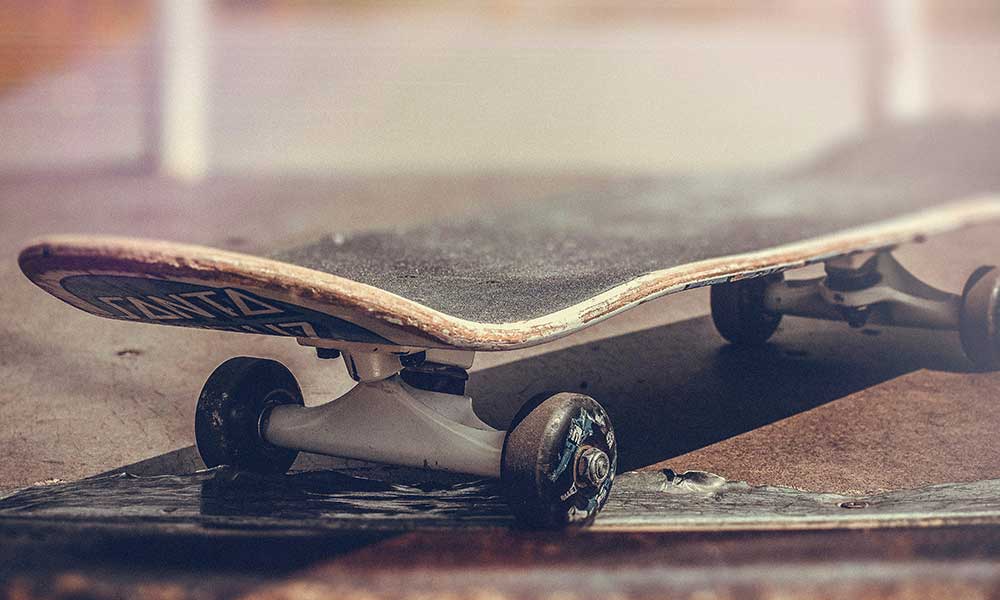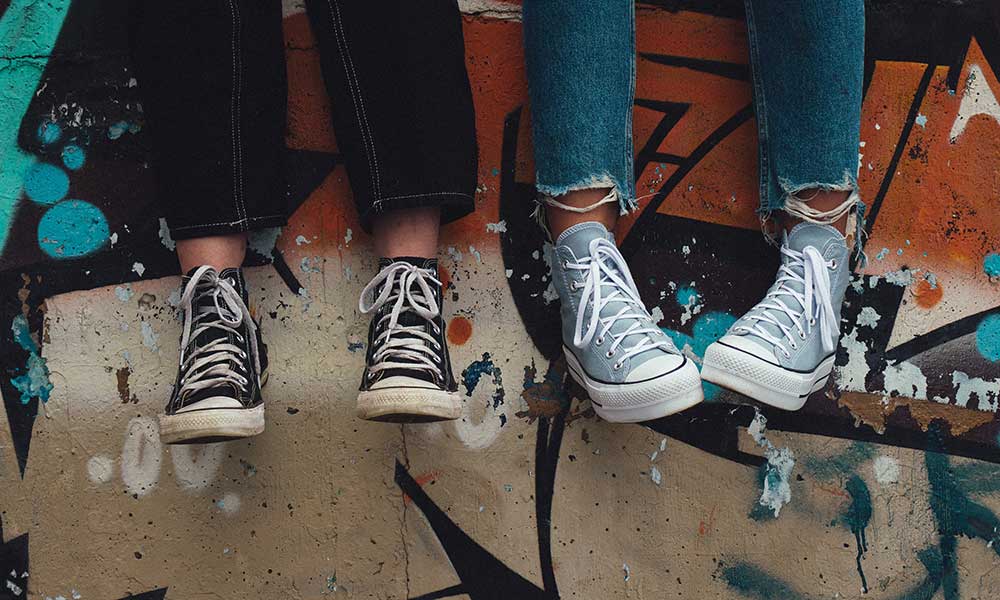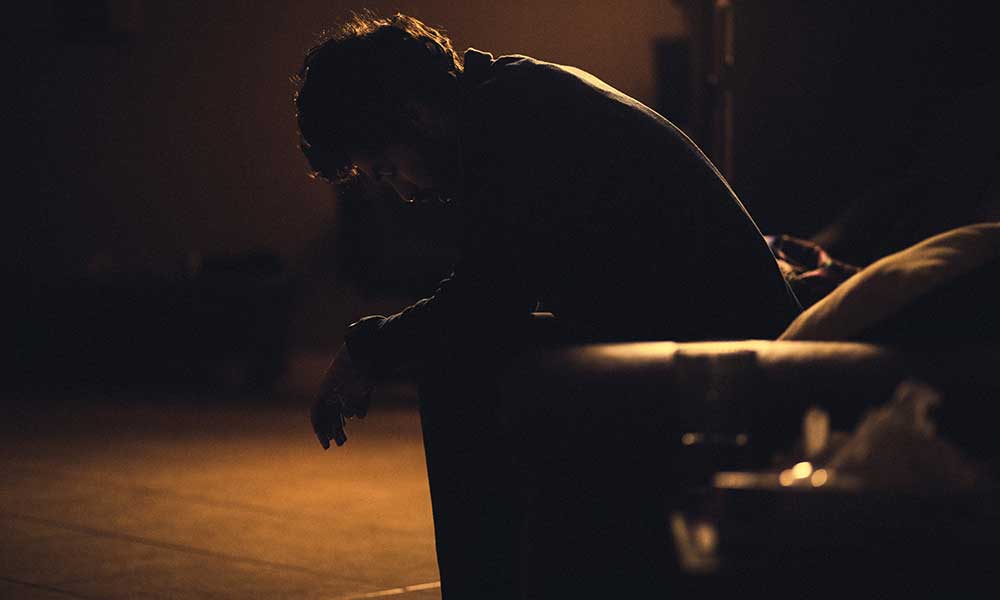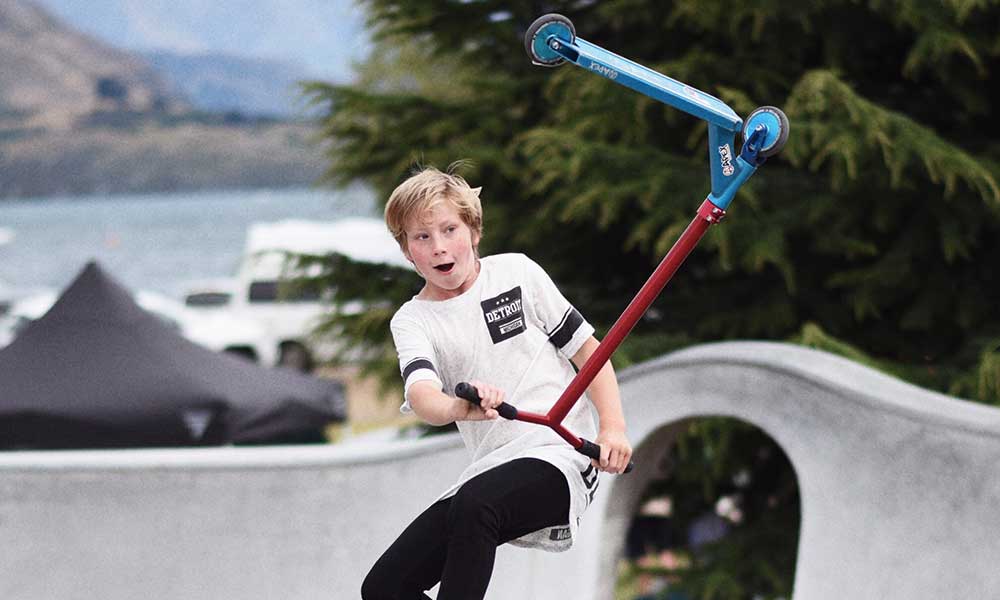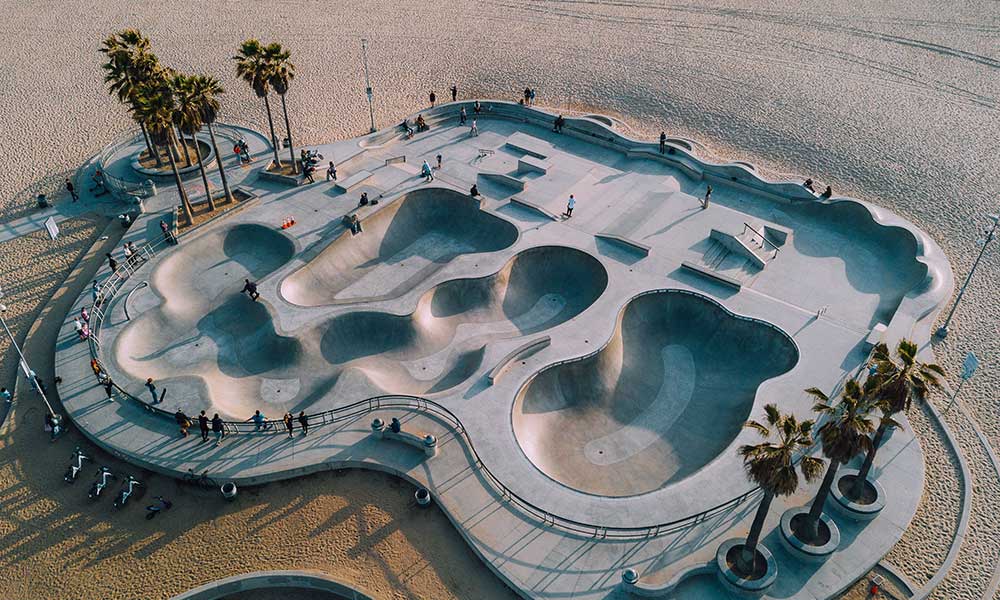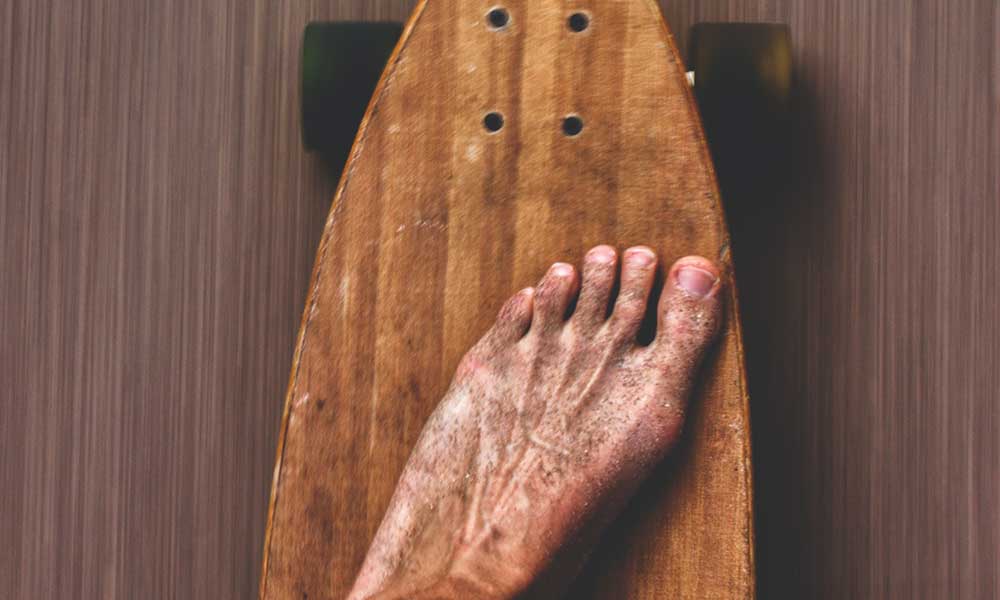Skateboarding exploded in popularity during the early 2000s and while it’s not as popular today, there are still thousands of skate parks and countless people eager to learn.
If you’re one of them or your child wants to learn, the following guide will help.
How Do Beginners Start Skateboarding?
In the past, many youngsters flocked to skateboarding as a result of video games or punk/rock music videos. These days, many are influenced by a trip to the local skate park or even by seeing skaters on the streets.
They are also influenced by films, TV shows, and major skateboarding events, with the Tokyo Olympics being one of the biggest such events in recent years.
Is Skating Right For Me?
Skateboarding is great for people of all ages. It’s a fun but challenging activity that will help you to improve your balance while giving you a new way to spend your weekends and holidays.
It’s a relatively cheap hobby, as you only need to spend a couple of hundred bucks on protective gear and a skateboard, and it’s also a great way to socialize. You can make new friends at your local skate shop or skate park and will have the perfect excuse to get outside and enjoy some fresh air and sunshine.
Is Skating Right For My Child?
Does your child like skateboarding? Is he or she keen to learn? It’s not something that you can force as it requires a lot of dedication and if they’re not interested, they won’t persist enough to learn.
If they are eager, and they are at least 5 years old, you should encourage them to skate. Just make sure you buy the basics for them, including a skateboard, knee pads, elbow pads, wrist guards, and a good pair of skate shoes.
What Do I Need to Get Into Skateboarding?
Whether you’re encouraging your kid to skateboard or getting into the sport yourself, there are a few things you’re going to need.
A Quality Skateboard
You’re going to need your own skateboard before you make the trip to your local skate park.
You can find a suitable skateboard in your local skate shop or through sites like Amazon.
If you’re buying online, look for complete skateboards. This term is used to refer to skateboards that are fully built and ready to go out of the box.
If you don’t see this term and don’t know what you’re looking for, you could end up with a simple skateboard deck (with or without grip tape).
You can get a very good first skateboard for less than $100.
Protective Gear
Whether you’re young, old, strong, weak, fit, or have terrible balance, you need to wear protective gear.
Falling is part of the game when you learn to skateboard, and if you’re not adequately protected, you’ll end up with all kinds of sprains, breaks, grazes, and more.
Elbow pads and knee pads will protect the most exposed parts of your body. A helmet will protect against concussions and other serious head injuries.
You may also need some wrist guards. Most beginners thrust out their wrists to protect themselves when they fall. It means that all of their weight is concentrated on their wrists, leading to fractures and sprains.
Pro skateboarders learn how to fall properly, ensuring they always land on their feet or knees, where they have the most protection. As a beginner who hasn’t yet learned those techniques, wrist guards are essential.
Suitable Clothing and Shoes
Dress for the weather. If you’re skating in the spring or summer, wear shorts/skirts with a short sleeve t-shirt. Wear sunscreen on exposed skin and don’t forget a hat to cover your face.
A good pair of skate shoes wouldn’t go amiss, either. They should be comfortable and durable, so a hard-wearing pair of sneakers are always preferable to heavy boots.
Why Should I Get Involved with Skateboarding?
Whether you learn to skateboard at a young age or pick it up as a senior citizen (like these legends), there are a number of benefits:
- Great Exercise: Skateboarding is great for burning calories and strengthening your core. It doesn’t do much for your upper body, but if you’re looking for a fun exercise, you can’t go wrong.
- Improved Balance and Coordination: Learning how to skateboard will greatly improve your balance and coordination. As soon as you learn the basics and start to feel comfortable riding, you’ll notice an improvement in your general balance and even your flexibility.
- Immerse Yourself In Skating Culture: Skating is often associated with counter culture and punk/rock music. It’s a little more diverse these days, but these things are still woven into the fabric of the sport. It’s a great community to be a part of, and that’s true regardless of your age.
Is 15 a Good Age to Start Skateboarding?
15 is a great age to learn skateboarding. Many pro skaters get started when they are younger, but at 15, you can still advance your skill level and become good enough to go pro as an adult.
It’s never too late to learn skateboarding, though. So, even if you’re in your thirties, forties, or eighties, you can still learn.
How Can I Teach Myself to Skateboard?
First things first, sort out your foot position. Stand on the bolts of the skateboard, with your dominant foot as your back foot and your other foot forward.
When you have your balance sorted, learn how to push. If you have a regular stance (right foot dominant), use your right foot to push. If you have a goofy stance, use your left foot.
In both cases, your front foot should remain on the skateboard and point forward.
Stick with smooth surfaces to begin with, including your driveway, garage, or just outside your home. When you’re ready to move a little faster, check out your local park or find an empty carpark.
From there, it’s time to start learning some tricks!
You can learn tricks by copying other skaters, watching YouTube videos, or getting advice from friends who skate. Take every new trick one at a time, don’t rush things, and stay patient.
It’s easy to get frustrated when those tricks keep failing and you keep falling on your ass, but it’s all part of the learning process and you’ll get there eventually.
Summary: How To Get Into Skateboarding
To summarize, learning to skateboard and getting involved with this sport requires you to:
- Buy a quality skateboard
- Wear a helmet and other protective gear
- Try to have fun while staying safe
- Practice on smooth surfaces near to your home
- Check out your local skate park
- Converse with more experienced skaters
- Immerse yourself in skateboard culture
And remember, you’re never too old to learn to skateboard!

